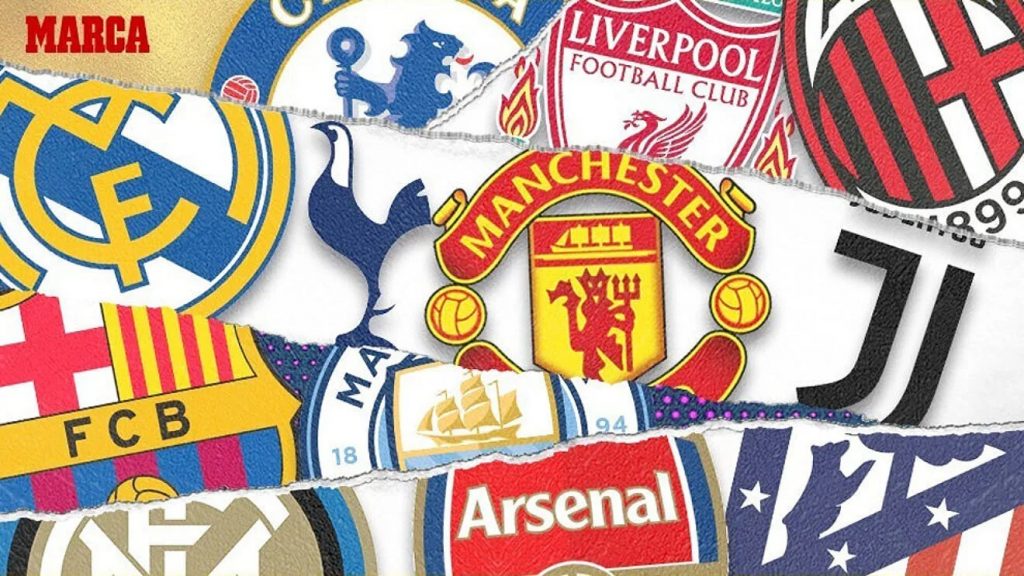
The European Court of Justice has ruled that UEFA and FIFA are guilty of “abusing a dominant position” by imposing rules preventing clubs from participating in breakaway competitions like the European Super League (ESL), deeming such regulations unlawful.
ESL and its supporters argued that UEFA and FIFA violated competition law by threatening clubs and players with sanctions for joining the breakaway league.
In a Thursday ruling, Europe’s highest court sided against the governing bodies.
However, the court clarified that its decision doesn’t automatically approve ventures like the Super League, stating, “That does not mean that a competition such as the Super League project must necessarily be approved.”
An initial report from the ECJ last December initially found that football’s governing bodies’ regulations aligned with EU competition law.
Yet, this verdict is considered a setback to UEFA and FIFA’s authority in managing the sport.
The report emphasized that when potential new competitions emerge, FIFA and UEFA must ensure their powers adhere to standards of transparency, objectivity, non-discrimination, and proportionality.
It highlighted that FIFA and UEFA are “abusing a dominant position” and their rules regarding approval, control, and penalties are unjustified restrictions on the freedom to provide services.
A22’s CEO, Bernd Reichart, welcomed the ruling, expressing that the ESL “has won the right to exist.” He declared, “Uefa’s monopoly is over.”

“Football is free. Clubs are now free from the threat of sanctions and free to determine their own future.”
The European Super League’s controversy ignited in April 2021 when 12 teams, including prominent English clubs, initially signed up for the breakaway competition.
However, swift backlash from fans, other leagues, and governmental entities led to the collapse of the plans within 72 hours.
Despite this ruling, Real Madrid and Barcelona remain interested in pursuing the Super League concept, while the statement from La Liga highlighted that “anything that is not fully open, with direct access only through the domestic leagues, season by season, is a closed format.”
Source-BBC





